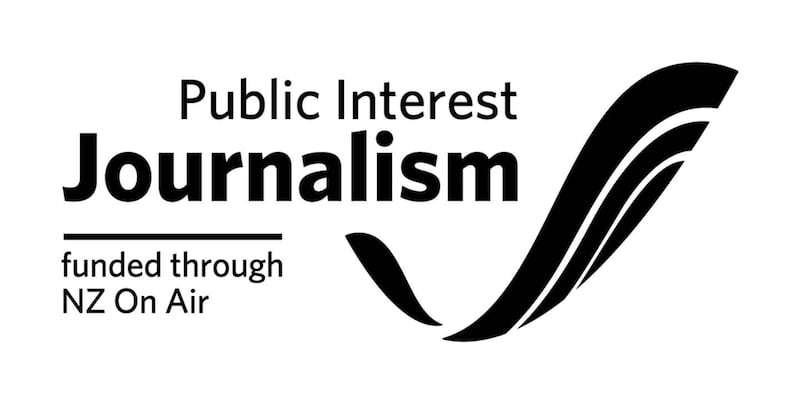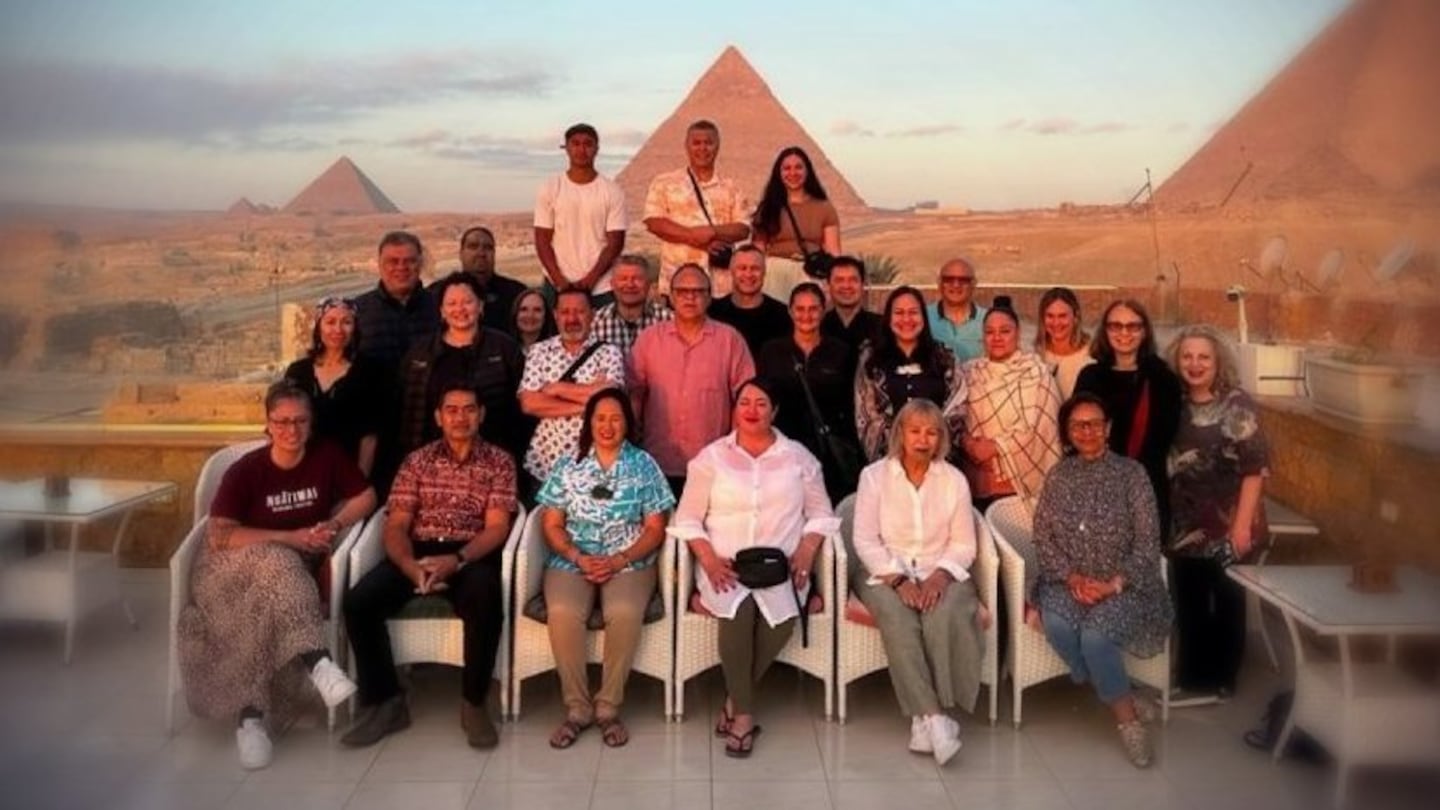The Māori delegation’s trip to the United Nations Climate Change Conference came to an end after iwi leaders presented the world’s first indigenous-led blue carbon regime, Hinemoana Halo, in Egypt.
The Hinemoana Halo initiative seeks to attract $100 million in funding to achieve self-determined and Indigenous leadership over ocean climate change.
NZ Bio Forestry chief executive Wayne Mulligan (Taranaki, Ngāti Maniapoto) says the opportunity to show what can be done to combat climate change is good for Māori.
“It’s going to mean a hell of a lot of new jobs, a hell of a lot of new industries, and I look forward to the day when I see Māori as leaders in this particular area.
Māori positioned well on incoming blue-carbon industries to combat climate change.
The ocean initiative helps Māori use both conventional methods and research to safeguard, manage, and keep an eye on Aotearoa's coastal waters and high seas in collaboration with local communities.
“We’ve got to be clear that to make this occur, we’ve got to have really concise, sharp and attractive investment in business cases,” he says. “There is $54 trillion looking for these investments and we need to position Māori to do that.”
Mulligan is optimistic about what the future of the blue-carbon and green economies will bring for Māori. The move will also put NZ Bio Forestry in a good position too, he says, “to stop petroleum-based or fossil-based products and materials going into the sea”.
“That’s where I see the likes of COP27, Conservation International and the various investors that are here who want to remove themselves from fossil-based, petroleum-based products and investments.”
Mulligan also paid tribute to the Pacific contingent that was part of the conference.
“Together, if we play the Asia-Pacific role, we can see huge opportunities for New Zealand.”




